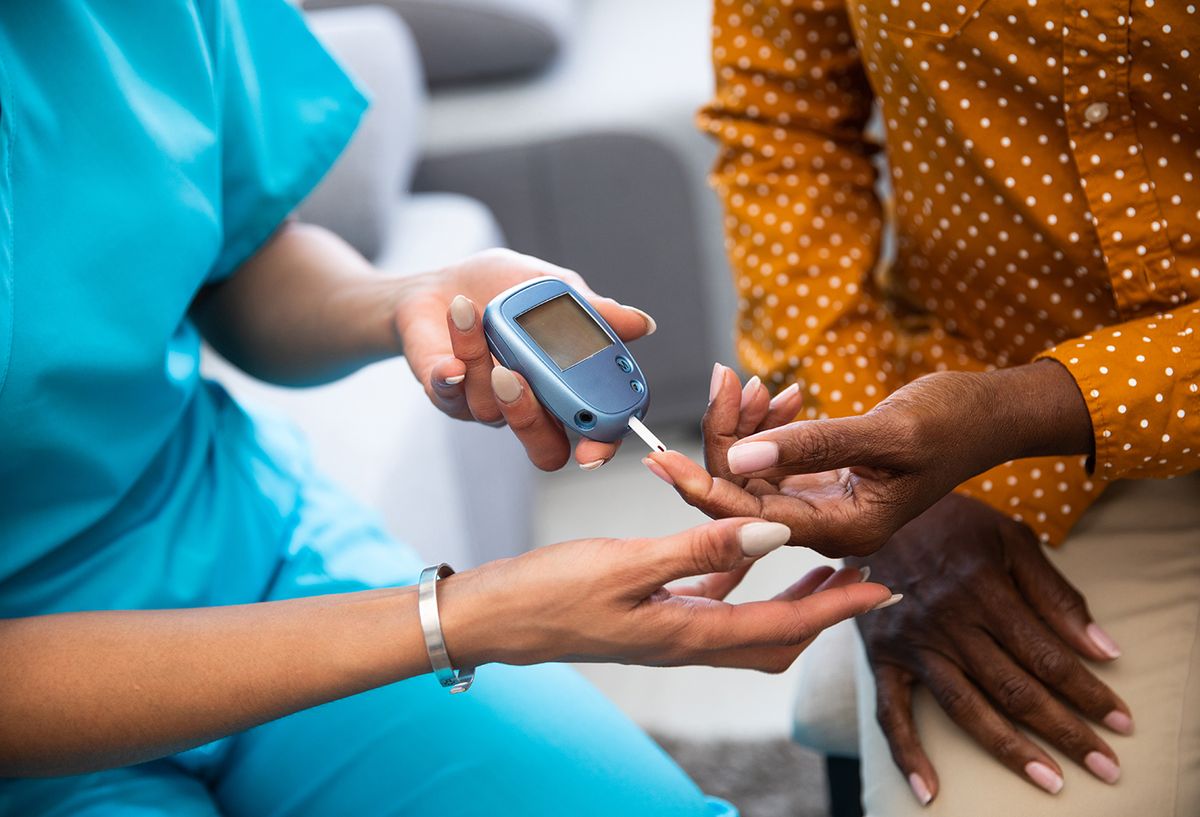Understanding diabetes is crucial for both prevention and management. This quiz is designed to test your knowledge on various aspects of diabetes, from its types and symptoms to treatment options and lifestyle changes. Dive in and see how much you know about this common but complex condition. Good luck, and remember, every question is a step toward greater awareness!
We recommend that you do not leave the page that you are taking this quiz in. Stay honest 🙂
Diabetes Quiz Questions Overview
1. What is the primary cause of Type 1 diabetes?
A. Obesity
B. Autoimmune reaction
C. High sugar intake
D. Lack of exercise
2. Which of the following is a common symptom of diabetes?
A. Frequent urination
B. Hair loss
C. Joint pain
D. Blurred vision
3. What is the normal range for fasting blood glucose levels?
A. 70-99 mg/dL
B. 100-125 mg/dL
C. 126-140 mg/dL
D. 141-160 mg/dL
4. Which type of diabetes is most commonly associated with obesity?
A. Type 1 diabetes
B. Type 2 diabetes
C. Gestational diabetes
D. MODY (Maturity Onset Diabetes of the Young)
5. Which hormone is responsible for regulating blood sugar levels?
A. Glucagon
B. Insulin
C. Adrenaline
D. Cortisol
6. What is the recommended HbA1c target for most adults with diabetes?
A. Less than 5.7%
B. Less than 6.5%
C. Less than 7%
D. Less than 8%
7. Which of the following is NOT a risk factor for Type 2 diabetes?
A. Family history of diabetes
B. Physical inactivity
C. High blood pressure
D. High calcium intake
8. What is the primary function of insulin in the body?
A. To break down fats
B. To regulate blood sugar levels
C. To produce energy
D. To aid in digestion
9. Which of the following complications is associated with diabetes?
A. Glaucoma
B. Cataracts
C. Diabetic retinopathy
D. Macular degeneration
10. Which of the following is a common method for managing Type 2 diabetes?
A. Insulin injections
B. Surgery
C. Diet and exercise
D. Radiation therapy
11. What is gestational diabetes?
A. Diabetes that develops in childhood
B. Diabetes that occurs during pregnancy
C. Diabetes that develops in old age
D. Diabetes that is inherited
12. Which of the following is a long-term complication of diabetes?
A. Nephropathy
B. Neuropathy
C. Retinopathy
D. Cardiopathy
13. What is the primary goal of diabetes management?
A. To eliminate insulin use
B. To maintain normal blood sugar levels
C. To cure diabetes
D. To increase insulin production
14. Which of the following is a common test used to diagnose diabetes?
A. HbA1c test
B. Fasting plasma glucose test
C. Oral glucose tolerance test
D. Random plasma glucose test
15. Which of the following is a non-pharmacological approach to managing diabetes?
A. Insulin therapy
B. Oral medications
C. Regular exercise
D. Insulin pump
16. What is the role of glucagon in blood sugar regulation?
A. It lowers blood sugar levels.
B. It increases blood sugar levels.
C. It stabilizes blood sugar levels.
D. It has no effect on blood sugar levels.
17. Which lifestyle change can help reduce the risk of developing Type 2 diabetes?
A. Increasing sugar intake
B. Reducing physical activity
C. Eating a balanced diet
D. Smoking cessation
We recommend that you do not leave the page that you are taking this quiz in. Stay honest 🙂
Can Your Friends Do Better Than You in This Quiz?
Share this quiz with your friends and compare results.
Was this page helpful?
More Popular Health & Wellness Quizzes:
-
Basic ECG Quiz
-
Mental Health First Aid Quiz
-
Pancreatic Cancer Quiz
-
Trauma-Informed Care Quiz
-
Diaper Quiz
-
Surgical Instruments Quiz











